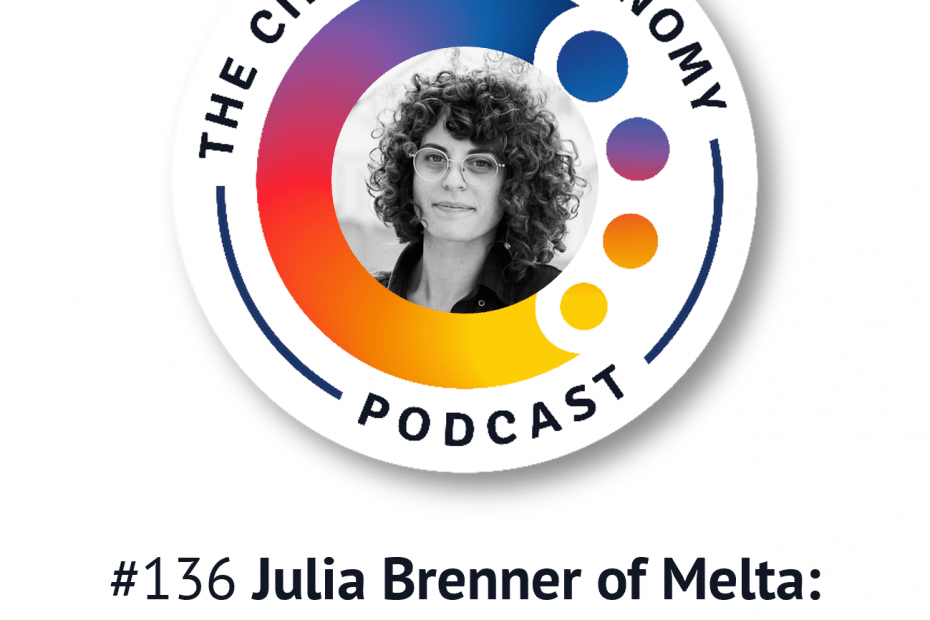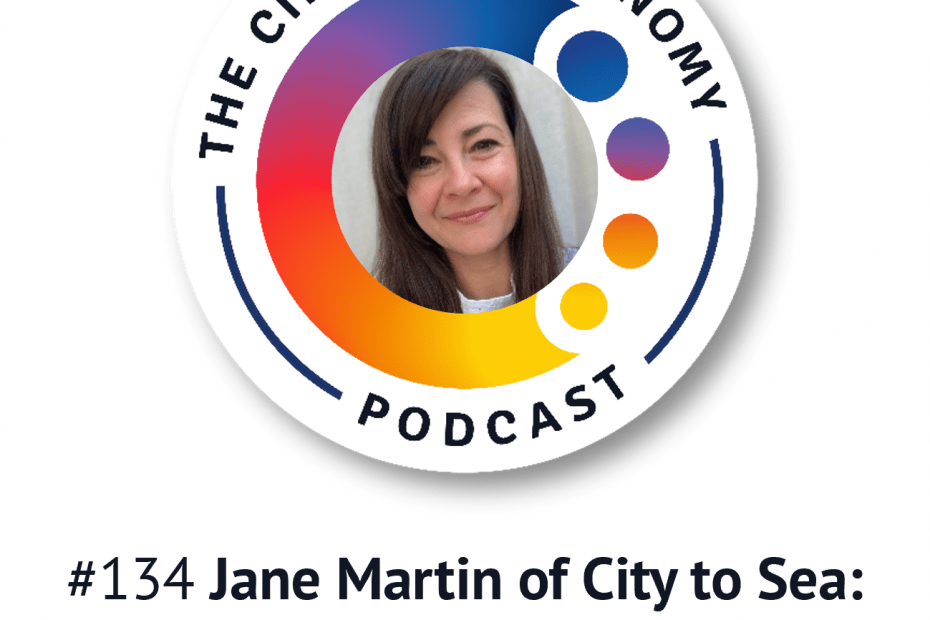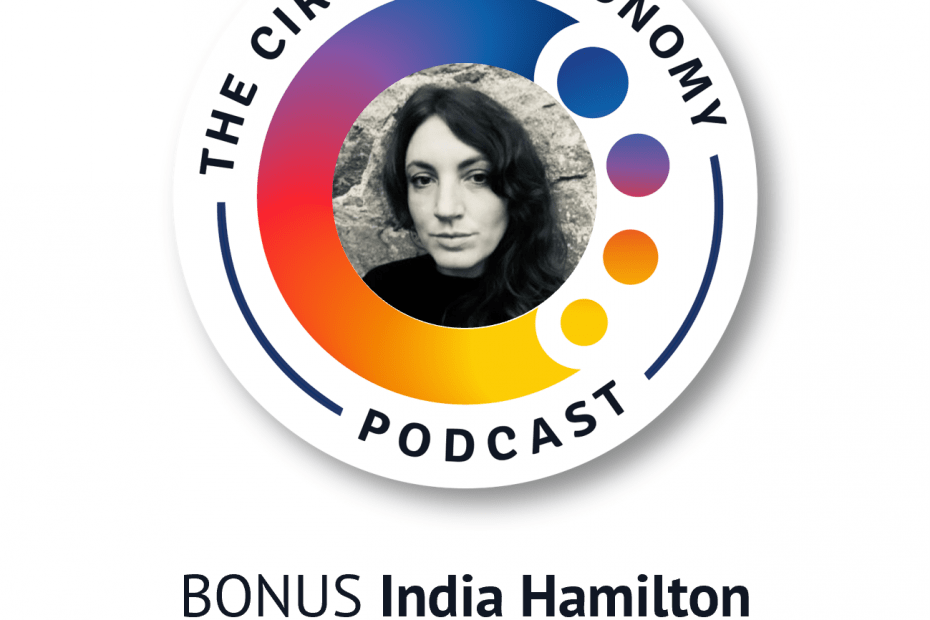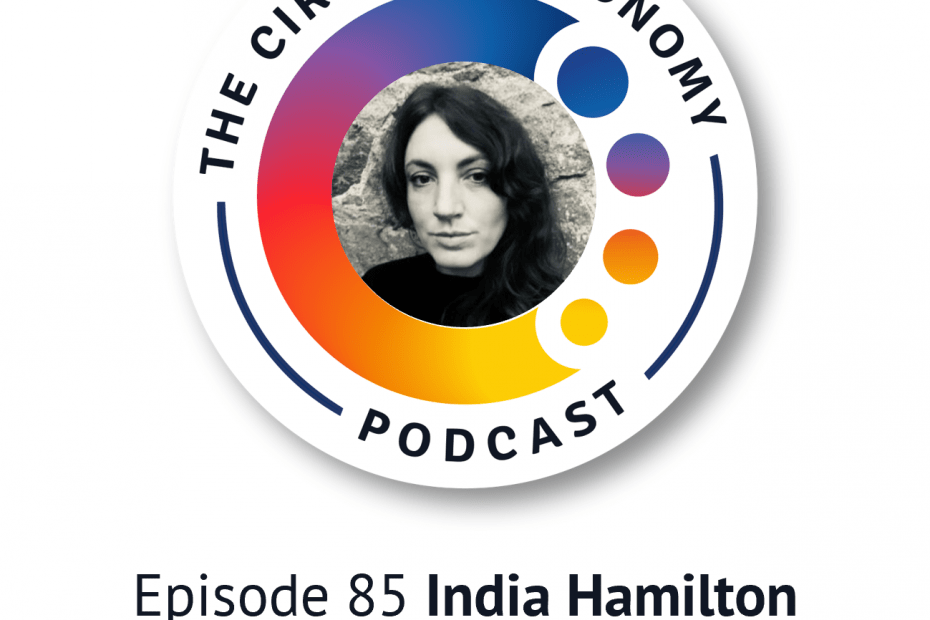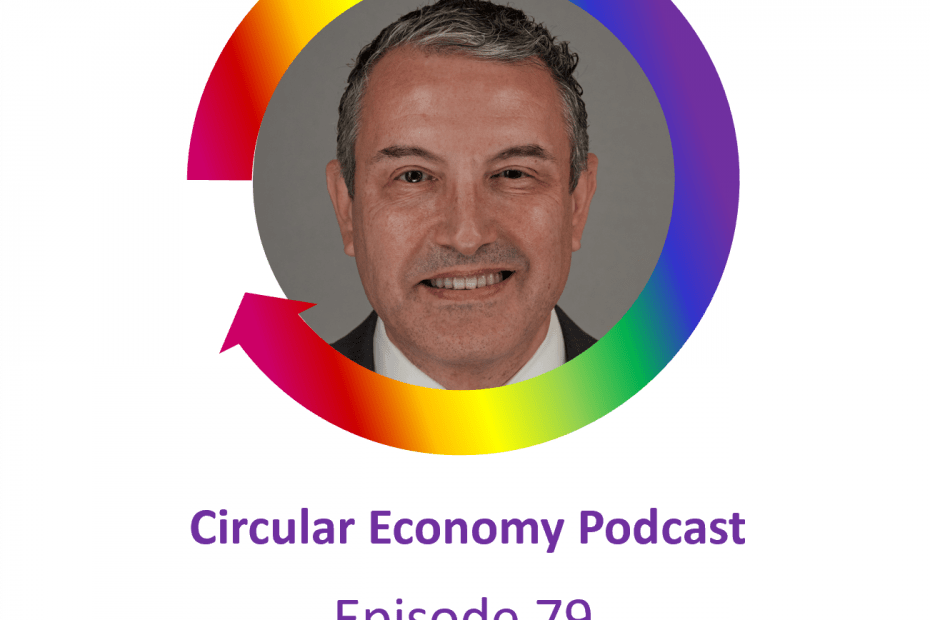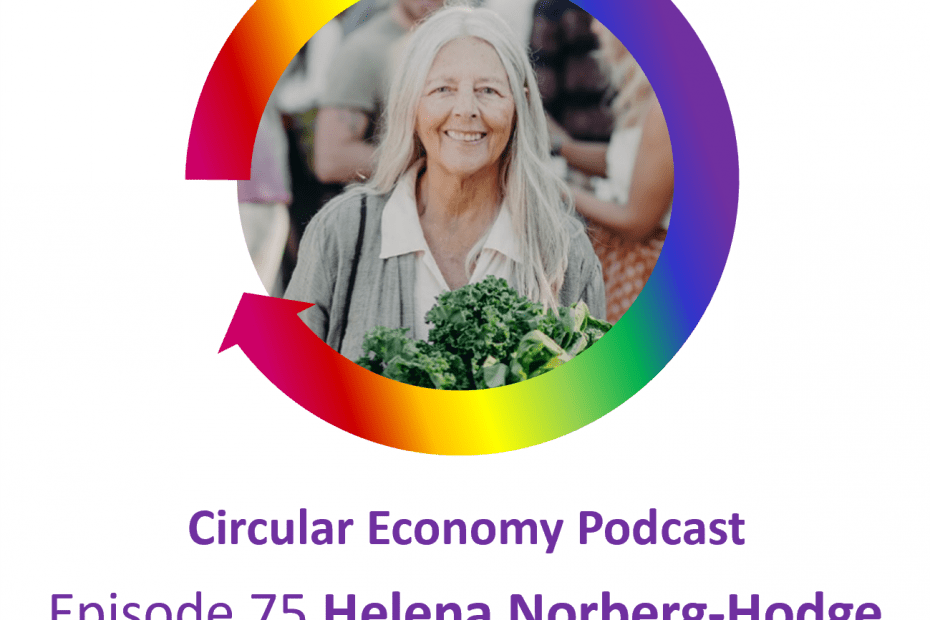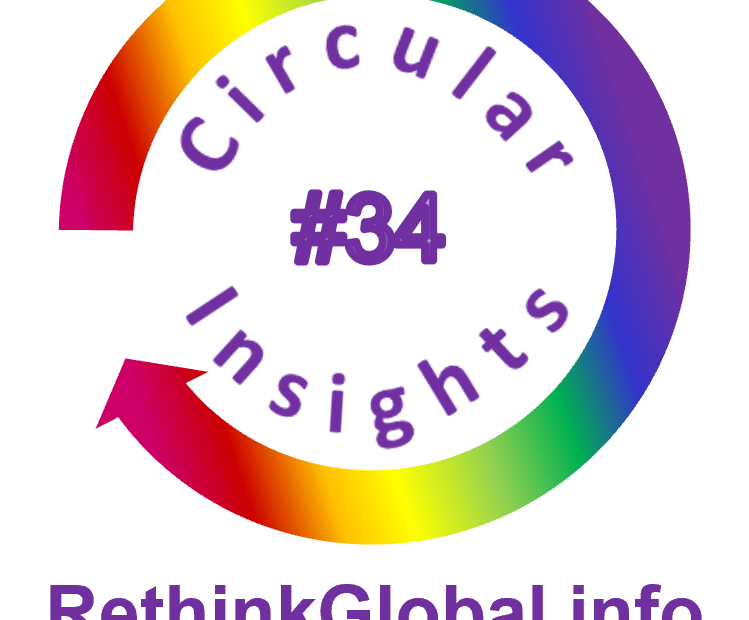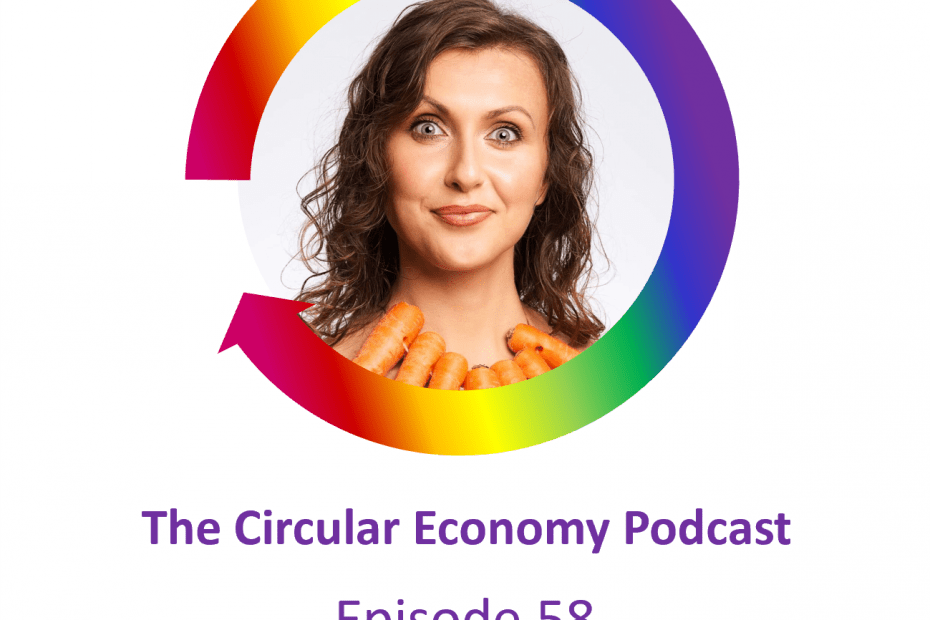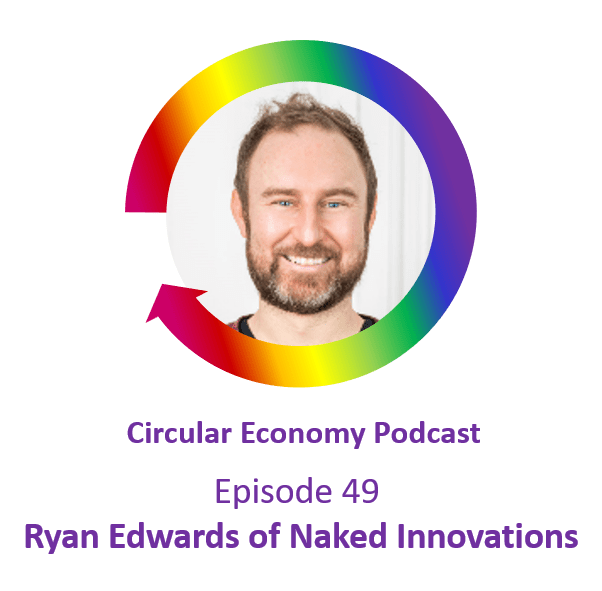136 Julia Brenner of Melta: creating value from food waste
There is a simple solution to conserve, and reuse, more of the nutrients from food waste.
In today’s episode, I’m talking to Julia Brenner, a soil scientist and co-founder of Melta, a company dedicated to transforming waste management and soil health. Julia and her business partner founded Melta in 2020, to solve two interconnected challenges faced by rural municipalities: the lack of accessible and cost-effective food waste solutions, and the difficulty of transporting organic fertilizers to remote areas.
This is a brilliant example of something that is needs little investment, saves money, time and space, and can be adopted easily, all around the world. It is easy to scale out, and a great example of a local, regenerative solution to the typical ineffective, expensive and resource-intensive solutions that we see in western society.
The Melta system uses the Bokashi process which is thought to originate from East Asia, centuries ago. The Bokashi process converts food waste and similar organic matter into a nutrient-rich soil additive which also improves soil texture.
Melta’s innovative system for organic waste collection, processing, and utilization can reduce municipal waste transport by 70%, and producing a nutrient-rich fertilizer that is cheaper and easier for farmers to access.
Julia studied soil restoration at the University of Iceland and then delved further into nutrient cycling and climate models at Oak Ridge National Laboratory. She continues to engage in collaborative field experiments with the Soil Conservation Service of Iceland and Icelandic Agricultural University. Julia is passionate about making “sustainability” a realistic and attainable goal, and is committed to bridging the gap between practical waste management and soil health.
We discover why dealing with household food waste is such a big headache for rural municipalities; and how the bokashi process can easily become part of a system that’s better for households, farmers and the local council.
Julia explains how the Bokashi process works in practice, and why households prefer it over other methods like putting food waste in with other refuse, or have separate food waste collection bins. As we’ll hear, the results are amazing – and the system is very simple, so it could be easily used in rural areas around the world.
